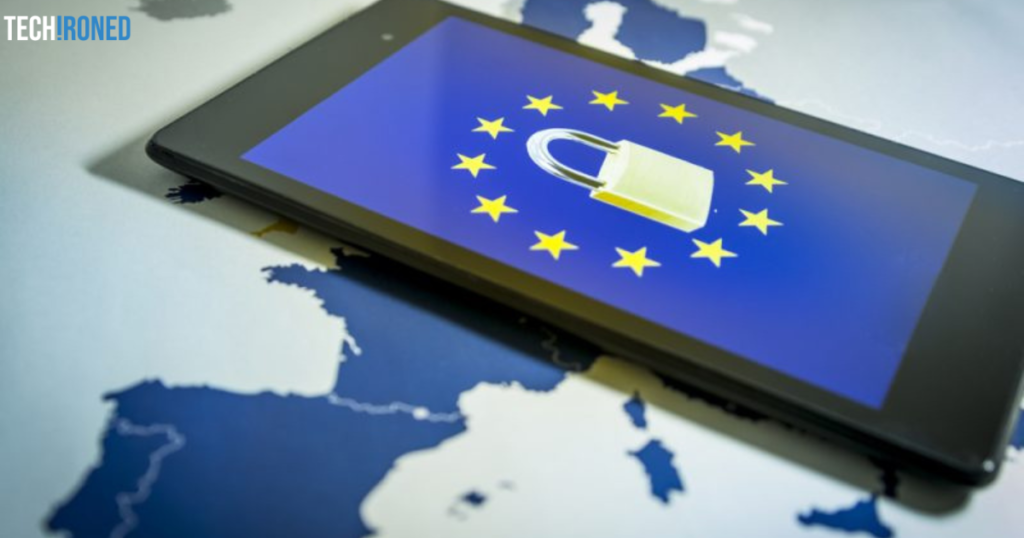Examine how the EU AI Act strikes the difficult where innovation meets regulation balance, influencing the European AI environment for responsible development and use. The AI Act of the EU was approved by the European Parliament, which is a historic step that puts Europe at the forefront of global technology regulation. By year’s end, enforcement of this extensive framework which seeks to reduce AI risks while promoting innovation is anticipated.
Table of Contents
Navigating Responsibility and Caution
Companies are under more and more pressure to use AI responsibly. Accenture research shows that societal concerns are driving a global trend toward cautious investment. Observing the EU AI Act is crucial in Europe, where prudence is of the highest caliber.
Implications Across Sectors
Because AI systems are risk-rated, sectors including banking, insurance, and healthcare will be immediately impacted. Significant penalties for noncompliance would force quick adaptation and compliance steps.
Embracing the AI Revolution
Companies need to see compliance as a chance for innovation as well as a requirement. AI has the potential to impact 44% of European working hours, so embracing this revolution is essential for resilience and economic growth.
https://www.europarl.europa.eu/RegData/etudes/STUD/2021/662911/IPOL_STU(2021)662911_EN.pdf
Closing the Gap on Responsible AI
Adopting ethical AI procedures is necessary for expansion and compliance. Businesses can guarantee justice, ethics, accountability, and transparency in the use of AI by implementing programs like Veritas, which was created in collaboration with the Monetary Authority of Singapore.
Building Trust and Transparency
Acceptance of AI depends critically on digital trust. Businesses can navigate frameworks to earn and measure digital trust by collaborating with organizations such as the World Economic Forum. This can lead to positive outcomes for both workers and consumers.
Preparing for the Future
Understanding how widely AI is being used in organizations is essential for leaders to implement AI responsibly. Businesses can navigate this new era of human-machine collaboration and seize opportunities for innovation and growth by embracing generative AI responsibly.
Conclusion
In summary, the EU AI Act defines the course of AI development in Europe and marks a critical juncture where innovation meets regulation. An important turning point for responsible innovation is marked by the EU AI Act. Businesses have an opportunity to reinvent themselves for the AI era by accepting its mandates. We can fully utilize AI’s potential for a better future by placing a high priority on responsibility and transparency.
- Don’t Forget more News and Research articles at
- https://techironed.com/
